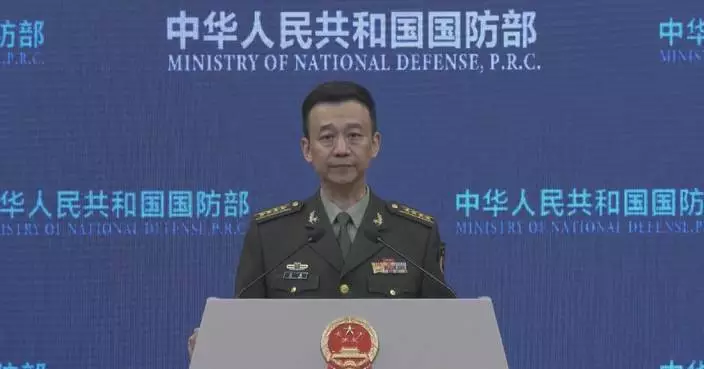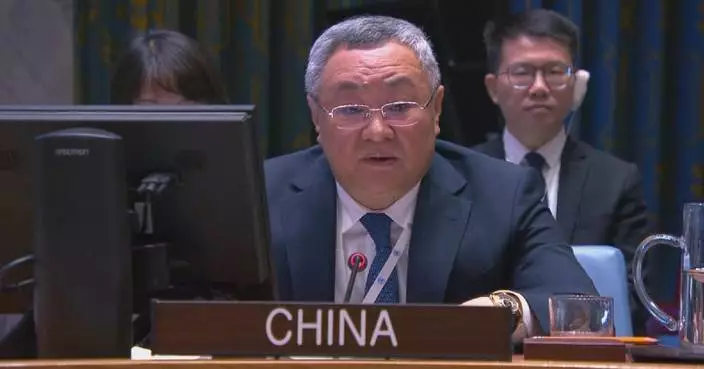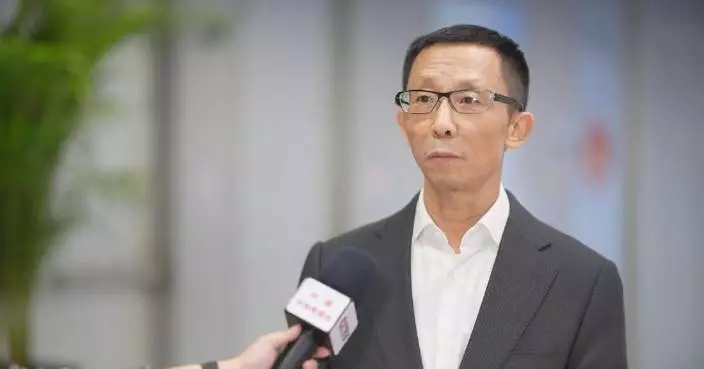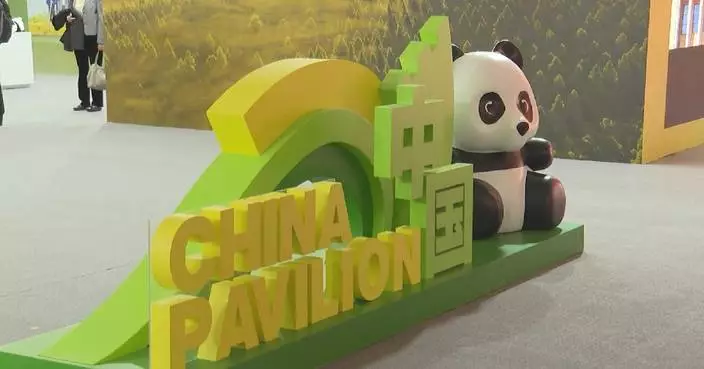U.S. National Security Advisor Jake Sullivan said on Thursday that he believes Israel is prepared to reach a ceasefire with Hamas in Gaza after meeting with Israeli Prime Minister Benjamin Netanyahu in Jerusalem earlier in the day.
According to U.S. media reports on Thursday, sources said Hamas' negotiating position has softened, potentially agreeing to a temporary Israeli military presence in Gaza after the ceasefire. However, Hamas has not responded to this information yet.
Sullivan said that the ceasefire between Lebanon and Israel has cleared obstacles for Gaza ceasefire negotiations, with Hamas showing a change in attitude in the resumed negotiations. Currently, Israel and Hamas are close to reaching a ceasefire.
According to U.S. media reports, the ceasefire under negotiations between Hamas and Israel involves a 60-day ceasefire. During this period, Hamas will release over 30 hostages in exchange for Israel's releasing of a group of Palestinian detainees, while Israel will allow more humanitarian aid to enter the Gaza Strip.
The reports also said that Hamas may allow Israeli forces to remain in Gaza temporarily after the ceasefire, marking the first concession by Hamas in indirect negotiations for a Gaza ceasefire. Previously, Hamas had insisted on a permanent ceasefire with Israel's complete withdrawal from Gaza. Hamas has not responded to this development yet.
The ongoing Israeli-Palestinian conflict has persisted for over a year, with mediation efforts by countries such as Qatar, Egypt, and the United States failing to facilitate a permanent ceasefire between Israel and Hamas.
After the ceasefire between Hezbollah and Israel on Nov 27, Hamas officials told the media that the group is willing to halt fire, but obstacles remain on the Israeli side.
The Palestinian death toll from the ongoing Israeli attacks in the Gaza Strip had risen to 44,835, with 106,356 others injured, the Gaza-based health authorities said in a statement on Thursday.

US claims Israel ready for Gaza ceasefire, Hamas yet to respond
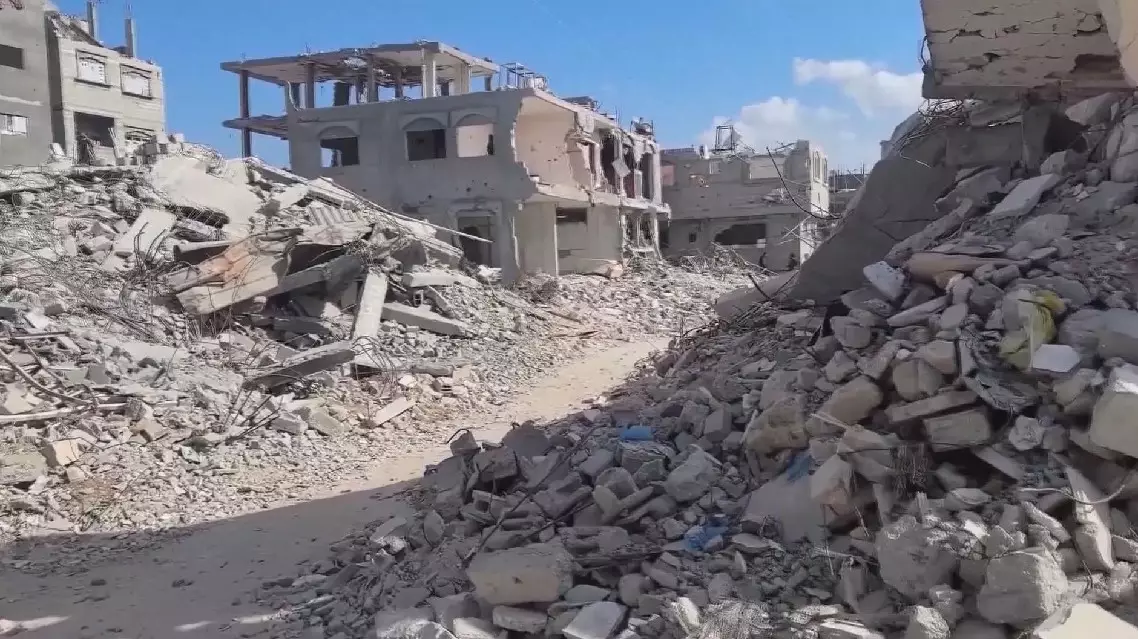
US claims Israel ready for Gaza ceasefire, Hamas yet to respond
Scholars warned of a "history education crisis" in Japan as the country's textbooks have obscured its aggressive wars against China in an attempt to cover up the barbaric crimes during World War II. They called on the Japanese government to face up to the aggressive history while attending a meeting themed "Remembering History, Protecting Peace Together" at the Embassy of the People's Republic of China in Tokyo on Nov 26.
In recent years, some Japanese politicians have been flagrantly obscuring and whitewashing Japan's aggressive history, which has been met with opposition and boycotts.
"The Japanese government holds obvious double standards in its attitudes toward history when facing its people and the international community. For the victims, the double standard proves a lack of reflection and is not convincing. I think, what the Japanese government does is hardly a true reflection," said Ishida Ryuji, visiting fellow of the International Peace Research Institute of Meiji Gakuin University.
Some scholars also stressed that Japanese textbooks are failing to reflect accurate history, creating a vicious circle that bars teachers from knowing full facts and students even less.
"Some content which was previously in the textbooks was removed. Some parts of the history were not allowed to be taught in detail in the classroom, but I issue additional materials to my students and explain the history to them," said Ogino Fujio, director of the Chinese Returnees Federation Memorial Hall.
"When I was a teacher, I taught my students the history not written in the textbook, telling them what Japan did in China. However, there is less and less content on this part of the history in the textbooks these days. If the young history teachers don't learn the history by themselves, they will not know the full facts and will not be able to teach true history to children. This will create a vicious circle, which I think is history's education crisis," said Akiyama Hiroshi, director of the Japan-China Friendship August 15th Meeting.

Scholars criticize Japan's history education system for downplaying aggression against China

Scholars criticize Japan's history education system for downplaying aggression against China







